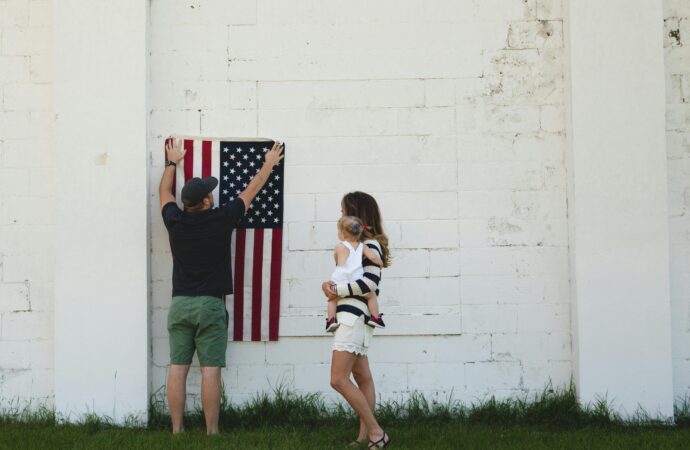The other day, an amusing image showed up on social media featuring CBS television personality Gayle King sitting on an airplane next to Fox News television personality Jesse Watters. King posted the selfie on her Instagram page, reveling in the ironic, chance encounter with a rival journalist.
Despite being on opposite sides of the political aisle, the smiling photo showed that the two had a good time, gracefully managing to maneuver four hours trapped next to one another without getting into a fist fight.
Such goodwill did not extend to King’s social media followers, however. Although there were some who, like me, thought the post was refreshing – an encouraging sight in a time of political vitriol – many posted comments expressing anger and embarrassment over the fact that King could smilingly sit next to such a terrible person like Watters.
The outrage was revealing, albeit a bit surprising. Who would have thought, even a decade ago, that people would be so upset by simple, straightforward, friendly association with someone who shares a different opinion? Truly, it’s no wonder that so many say our nation is on the brink of civil war, ready to split into red and blue states because they can no longer stand someone who holds opposing values and political views.
How did we get to such a state where we’re angry when two people with opposing views can get along and enjoy each other’s company for a few hours? I would suggest that a major reason is that we no longer have a shared national identity.
“What makes it possible for people to agree to disagree?” English philosopher Roger Scruton once asked. He answers his own question by likening the issue of civil disagreement to the dynamics of a family:
In families, people often get together to discuss matters of shared concern. There will be many opinions, conflicting counsels and even factions. But in a happy family everyone will accept to be bound by the final decision, even if they disagree with it. They have a shared investment in staying together. Something is more important to all of them than their own opinion, and that is the family, the thing whose welfare and future they have come together to discuss.
To put it in another way, the family is part of their identity. It is the thing that does not change, as their several opinions alter and conflict. A shared identity takes the sting from disagreement. It is what makes opposition, and therefore rational discussion possible. [Emphasis added.]
Scruton continues by saying:
The same is true in politics. Opposition, the free expression of dissent and the rule of compromise all presuppose a shared identity. There has to be a first-person plural, a ‘we’, if the many individuals are to stay together, accepting each other’s opinions and desires, regardless of disagreements.
America has long prided itself on being a nation of immigrants, a “melting pot,” if you will, where everyone brings their unique ideas, but then melds into one united front.
We still talk as if we are a melting pot, but in reality, the United States has become a pot where nothing melts. Like a child who insists that his peas must not touch the potatoes or meat on his plate, America is now a country that touts diversity, but refuses to come together in that “first-person plural we,” embracing the common culture that has for so long enabled us to get along in this melting pot of a nation.
What makes for a common culture? Scruton suggests that the first element is religion.
America was founded as a Christian nation. That’s unpopular to say sometimes, and some will even combat that fact, but a fair look at the evidence from the founding era shows this as the cold, hard truth. Yet recent years have seen our politicians, courts, and other public figures doing everything they can to root Christianity out of the public square. Is it any wonder, then, that our nation is struggling to find common footing? Would we be able to combat some of the vitriol we see today if we returned to the faith of our fathers, taking it seriously and incorporating its principles into our daily lives?
Scruton also suggests that shared language, customs, and community are all important elements to building a common culture. In other words, the more we promote English in our classrooms and encourage the non-English speaking to assimilate into our culture, the better. The more we teach our children about our nation’s history and teach them to observe our national holidays and love our national heroes, the more our nation’s culture will be strengthened. And the more we seek to reach out to those in our communities, focusing on fixing things at the local level rather than simply looking to those at the top to solve our problems, the more we will build connections and trust, re-creating the support systems we all need.
Perhaps one day we’ll get back to the place where most Americans will rejoice to see a picture of Gayle King and Jesse Watters enjoying each other’s company despite their political differences. But that’s not likely to happen unless we begin rebuilding these core commonalities that bind a national family together.
—
This article was made possible by The Fred & Rheta Skelton Center for Cultural Renewal.
Image credit: Pexels
















Leave a Comment
Your email address will not be published. Required fields are marked with *